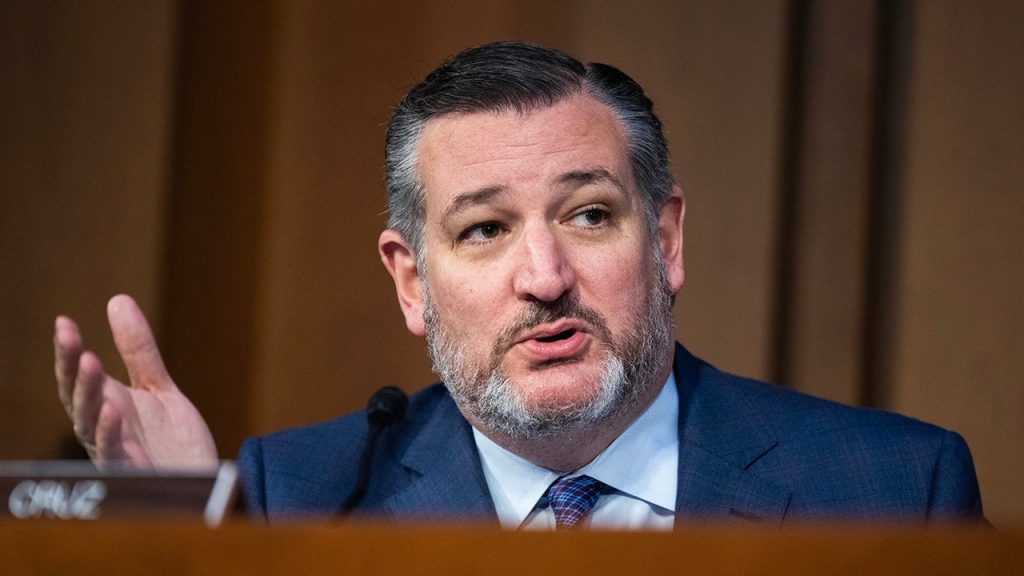Students at elite college campuses in the United States are forming “Gaza Solidarity” encampments and participating in marches to call on their schools to stop supporting Israel. However, some of these protests have turned unruly and taken a hateful turn towards antisemitism. At Columbia University, protesters shouted slogans like “We are Hamas” and “Go back to Poland.” At Princeton, a protester was seen holding up a Hezbollah terror flag, prompting criticism from Senator Ted Cruz. The U.S. State Department officially designates Hezbollah as a foreign terrorist organization.
Hezbollah primarily operates out of southern Lebanon and has a history of attacking Israel. The group has carried out various missile attacks against Israel from Lebanon and neighboring Syria, sparking criticism and retaliation from the Israeli government. At Princeton University, two people were arrested by university police in response to the protests. The demonstrations began as a sit-in at McCosh Courtyard and escalated to include erecting tents, which violated school policy. All tents were voluntarily taken down by protesters after warnings from Princeton University Public Safety.
Princeton University President Christopher Eisgruber emphasized that while protests and demonstrations are allowed, they must abide by strict rules to ensure safety and prevent disruption of essential operations. He warned that individuals engaged in encampments or other unlawful conduct that disrupts campus life will be arrested and barred from campus. The university has a zero-tolerance policy for actions that impede the rights of others to be heard, violate the law, or create a potential for escalation and confrontation.
The protests at elite college campuses have drawn attention for their controversial and sometimes hateful nature, with some protesters displaying signs and flags associated with terrorist groups like Hezbollah. The involvement of students in these protests has sparked concern and condemnation from lawmakers like Sen. Ted Cruz, who labeled the actions as “disgraceful.” The protests have raised questions about the boundaries of free speech on college campuses and the limits of civil disobedience in pushing for political change.
As the protests continue, tensions between pro-Israel and anti-Israel groups on college campuses are likely to escalate. The involvement of groups like Hezbollah in the protests adds a layer of complexity to the situation, as the organization is officially recognized as a terrorist group by the U.S. State Department. University administrations, like that of Princeton, are taking a firm stance on enforcing rules and maintaining order on campus to ensure that protests do not disrupt the safety and operations of the institution.
Overall, the protests at elite college campuses against Israel and in support of Gaza solidarity have become a contentious and divisive issue. While students have the right to express their opinions and advocate for causes they believe in, the line between political activism and hate speech has been blurred in some instances. Universities are faced with the challenge of balancing free speech rights with maintaining a safe and inclusive environment for all students, regardless of their political beliefs. The outcome of these protests and the response from university administrations will shape the ongoing debate around Israel-Palestine relations and social activism on college campuses.


